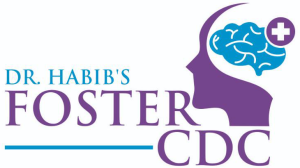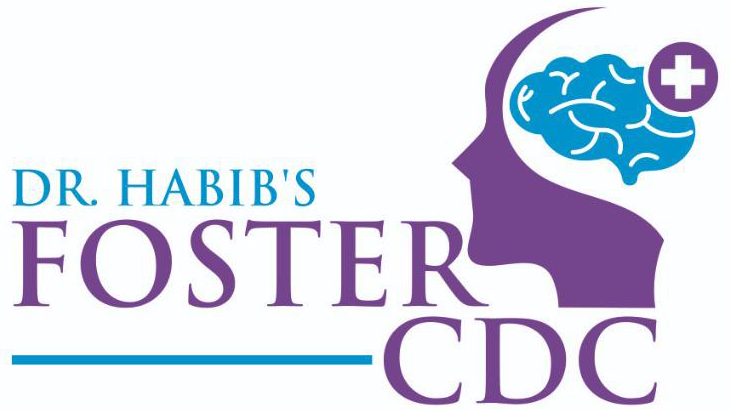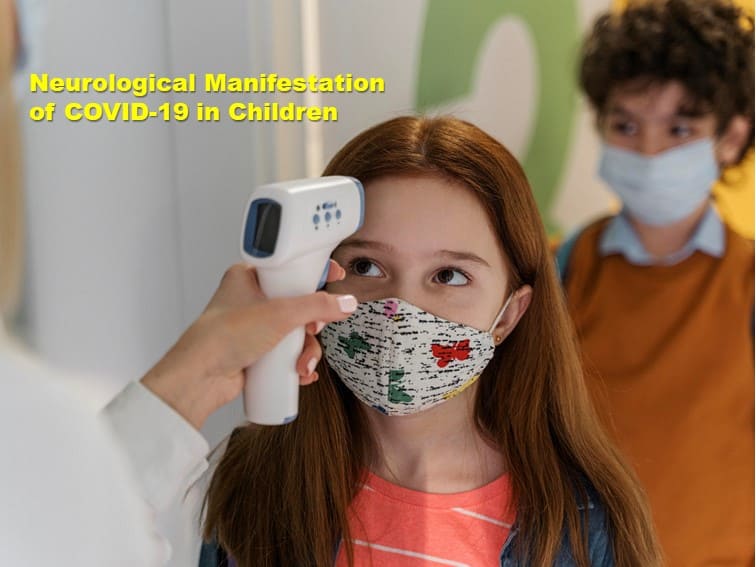Neurological Manifestation of COVID-19: A majority of children with COVID-19 (SARS-CoV-2) have very mild clinical symptoms – without fever or pneumonia. In children, neurological issues and symptoms related to viral infection are rare. However, a few cases of multiple organ failure have been reported in children as well. In general, neurological involvement seems to be occasional in children.
Neurologic Manifestation of COVID-19 in Adults
In adults, anosmia, headache, muscle pain, and dysgeusia have been frequently reported with the occasional involvement of central or peripheral nervous system damage.
Neurological Abnormalities and Effect on Healthcare System
Let us discuss the neurological abnormalities that have been reported in children with viral infection in the first half. In the second half of our discussion, we will highlight the impact of the pandemic on the healthcare system and the collateral damage caused to the paediatric care that deals with the children affected with neurodevelopment and neurological disorders – such as dyslexia, learning disabilities, ADHD, Autism, Epilepsy, Cerebral Palsy, neuromuscular disorders and intellectual disabilities.
Rare Neurological Complication in Children
Children infected with CVOID-19 are mostly asymptomatic and recover within one to two weeks as the incubation period is usually 3 to 7 days (may range from 1 to 14 days).
A rare late phase severe inflammatory condition – which is referred to as Kawasaki-like SARS-CoV-2 syndrome – wherein the affected child may have a persistent fever with multiple organ involvement – in addition to elevated levels of inflammatory markers have been reported.
Common Neurological Symptoms in Children
The most common neurological symptoms in all the reported cases of a severe infection include anosmia (40 to 87%) and dysgeusia (35% to 90%). In certain severe cases, the inflammation of the central nervous system has been associated with brain stroke.
Several studies reported both non-specific and specific neurological involvement. The non-specific neurological manifestations in around 15% of children included fatigue and headache – whereas only 1% of children reported meningeal signs, seizures, cranial nerve palsies, intracranial haemorrhage, seizures and encephalopathy.
Children with neurological conditions are especially vulnerable to this situation. Damage caused to the paediatric care that deals with the children affected with neurodevelopmental Disorders
- the case scenario for the COVID-19 pandemic, with still many months of pandemic ahead of us (42). This expected prolonged reduced access to health care will be damaging to children, mainly neurologically affected children with special needs, including cerebral palsy, autism or epilepsy.
- Delayed access to healthcare facilities and paediatric neurologists is leading to complications such as seizures, bowel obstructions, sepsis, diabetic ketoacidosis and death.
- Children with neurological disorders (Cerebral Palsy, Autism and Epilepsy) are vulnerable to complications and life-threatening illnesses.
- Changes in modalities of care – such as telemedicine and online consultations are also not an efficient means of dealing with these children.
- Owing to the current situation of the pandemic both parents and children have become vulnerable to mental health issues – such as worry, stress, anxiety, and depression.
- Children may have problems coping with the situation, leading to hyperactivity, challenging behaviour, depression, and anxiety.
- Some children are at risk of severe complications due to severe SARS-CoV2 infection as they are susceptible to lung problems – especially if they have Cerebral Palsy.
- Children with severe neuromuscular disorders and atrophies are at increased risk of severe respiratory infections and complications.
- Children with severe migraine and headache issues are also vulnerable due to changes in lifestyle and eating and sleeping patterns.
- The current COVID-19 pandemic pose danger to those children who need regular epilepsy care
- Due to isolation from family members, teachers and peers children with learning disabilities and behavioural problems who need regular psychotherapy are at increased risk of worsening their symptoms.
- Children with some mental health issues – such as anxiety and depression may feel augmented pain and breathing issues.
- Children with ADHD symptoms are also vulnerable to the present situation due to worsening symptoms and loss of daily routine.
To know more about the neurological manifestation of COVID-19 in all age group of children, talk to Dr Habib Pathan
READ MORE – Effect of Covid-19 on Autistic Children


